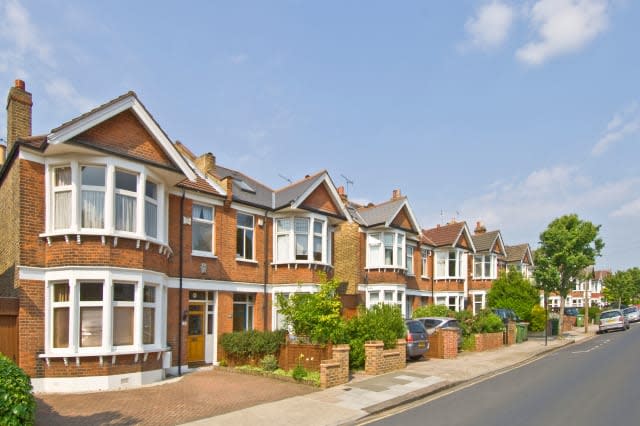Will the last family to leave London please turn out the lights

The number of families leaving London and buying elsewhere has risen two thirds. In 2015, 63,000 families gave up on the capital and looked elsewhere for a home. This is the biggest exodus since 2007, and the experts behind the figures say two key trends are responsible.
Why?
The Hamptons International researchers say that in many cases homeowners have seen the gap between property prices in London and other parts of the country reach new highs. They have also read predictions of house prices in London easing next year, and decided that there will never be a bigger gulf between what their home in London is worth, and what something similar outside London would cost.
As a result, they have cashed in, so they can either upgrade to a nicer home elsewhere, or buy something similar to their London home, pay off their mortgage, and significantly improve their work/life balance.
The other group of families leaving London are those who realise they will never be able to afford to get a foot on the property ladder if they stay. Now that the average price of a home in London has hit half a million pounds, home ownership in the area is becoming a forlorn hope, so they finally give up on London's sky-high rents and decide to buy somewhere less ruinously expensive.
In fact, the number of people moving out of London in order to buy their first home was up 70% - which is 11,000 more than a year earlier.
%VIRTUAL-ArticleSidebar-property-guide%
Where are they going?
In the vast majority of cases, they are moving to the commuter belt. They are trading quality of life at home for the length of time it takes to get there. It means nine out of ten people buy elsewhere in the south of England.
Of course, the more people who take this approach, the higher prices in the commuter belt will climb. Martin Ellis, housing economist at Halifax, has already seen an impact, saying: "Those areas that have seen the biggest house price increases over the past year are either in outer London or within close commuting distance of the capital. Demand in these areas has risen as rapid house price rises in central London in the past few years have caused increasing numbers of people to look for property in more affordable areas." He points out that house prices in Royston are up 22%, Redbridge 19%, and Leigh on Sea and Croydon 17%.
Over time, it will mean that those leaving London may be forced to move further and further outside the capital. Already in one in ten cases, they are leaving for another part of the country entirely. One of the biggest booms is a 165% increase in the number of Londoners buying in the Midlands. It's one of the reasons why Wellingborough and Solihull have both seen prices rise 14% in 2015. There was also a 90% increase in those buying in the north and a 70% increase in those buying in Scotland.
Those kinds of moves can mean dramatically cheaper housing. The Hamptons International research found that those leaving London to buy in the south spent an average of £415,000 - while those leaving to buy elsewhere paid between £171,000 and £182,000.
But what do you think? How far would you travel for affordable property? And would you consider a dramatic relocation in order to get onto the housing ladder? Let us know in the comments.





